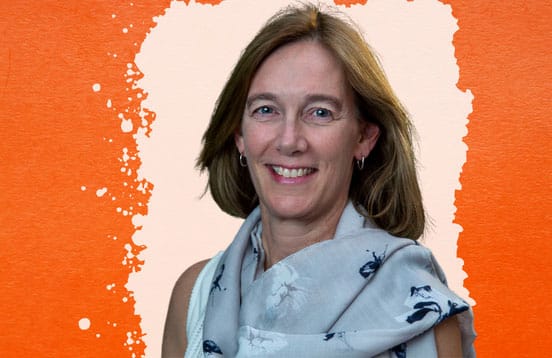Dear WIEGO Colleagues and Friends,
Happy New Year to one and all. May the year ahead bring us the peace, hope and unity we need to overcome these tumultuous times and the grave global challenges before us.
We started 2023 on a sombre note: mourning the passing of Myrtle Witbooi, Founding President of the International Domestic Workers Federation, an inspirational and much-loved domestic worker leader in South Africa and internationally. One of Myrtle’s resounding messages before her passing was to honour her memory by continuing to unite and organize.
Women workers in informal employment across the world are dealing with the impact of multiple crises – including armed conflict, skyrocketing costs-of-living, ongoing public health challenges and climate emergencies – coupled with an ever-changing world of work. With Myrtle and our co-founder Ela Bhatt’s words firmly in our minds, we began the first year of a new five-year strategic plan with strengthened resolve and a sharpened focus to engage in the big debates of our time.
With the growing importance of including workers in informal employment in responses to the climate crisis, we deepened our work on just transitions and climate change this past year. Together with several WIEGO Network members, we presented a joint position paper at the International Labour Conference arguing for a fair and inclusive transition to a greener economy which leaves no workers behind. In Brazil, we launched innovative research which explores how waste pickers are impacted by – and adapt to – climate change. The project culminated with a policy dialogue in which the Minas Gerais state and Belo Horizonte local government agreed to take steps to measure waste pickers’ contributions to climate change mitigation through the use of WIEGO’s Greenhouse Gas Calculator and document climate change impacts with waste pickers’ cooperatives.
With WIEGO support, delegations of waste pickers continued their participation in global plastics treaty negotiations. Though the negotiations have been challenging, Member States recently agreed to reference a “just transition” in the proposed treaty objectives and include definitions for the terms “waste pickers” and “just transition”, marking a major step towards a fair, equitable and inclusive shift for waste pickers and other workers in plastics value chains.
A major highlight this year was witnessing successful Congresses of our global network members StreetNet International, HomeNet International and the International Domestic Workers’ Federation. As our sister networks continue to grow and consolidate, and with the forthcoming Congress of the International Alliance of Waste Pickers planned for later this year, our emphasis is shifting to workers’ education and building cross-sector solidarity. After a successful pilot of the WIEGO School in 2022, we have been busy processing our learnings and developing plans to launch new modules of the WIEGO School in 2024.
Through new research, we added to the body of evidence supporting the expansion of social protection, which is critical to creating better quality employment. These findings and others were presented in global fora to ensure that policy makers in key institutions have access to robust, up-to-date evidence to inform their decision making.
The adoption of new statistical standards on informal employment at this year’s International Conference of Labour Statisticians marked a major milestone in harmonizing statistics on the informal economy. Our Statistics Team actively participated in the Conference and acted as members of the drafting group. We anticipate these new statistical standards will strengthen the quality and availability of statistics on informal employment, enterprises, and workers worldwide and eventually lead to improved estimates of the contribution of the informal economy to GDP.
In 2024, we will continue implementing our 5-year strategy, which charts a course for strengthened research and advocacy in support of workers and their organizations, deeper engagement on issues such as the social solidarity economy, climate change and platform employment, and the continuation of our work to challenge the orthodoxies perpetuating systemic injustice.
I am filled with a profound sense of gratitude and admiration for the incredible work that the WIEGO team has undertaken with our partners over the past year. Our shared commitment to justice, solidarity, and transformative change continues to be the driving force behind all those achievements.
As we begin the year ahead, may the spirit of unity and hope we carry from the holidays fuel our commitment to building a more just and equitable future.
In solidarity,
Sally Roever
International Coordinator
